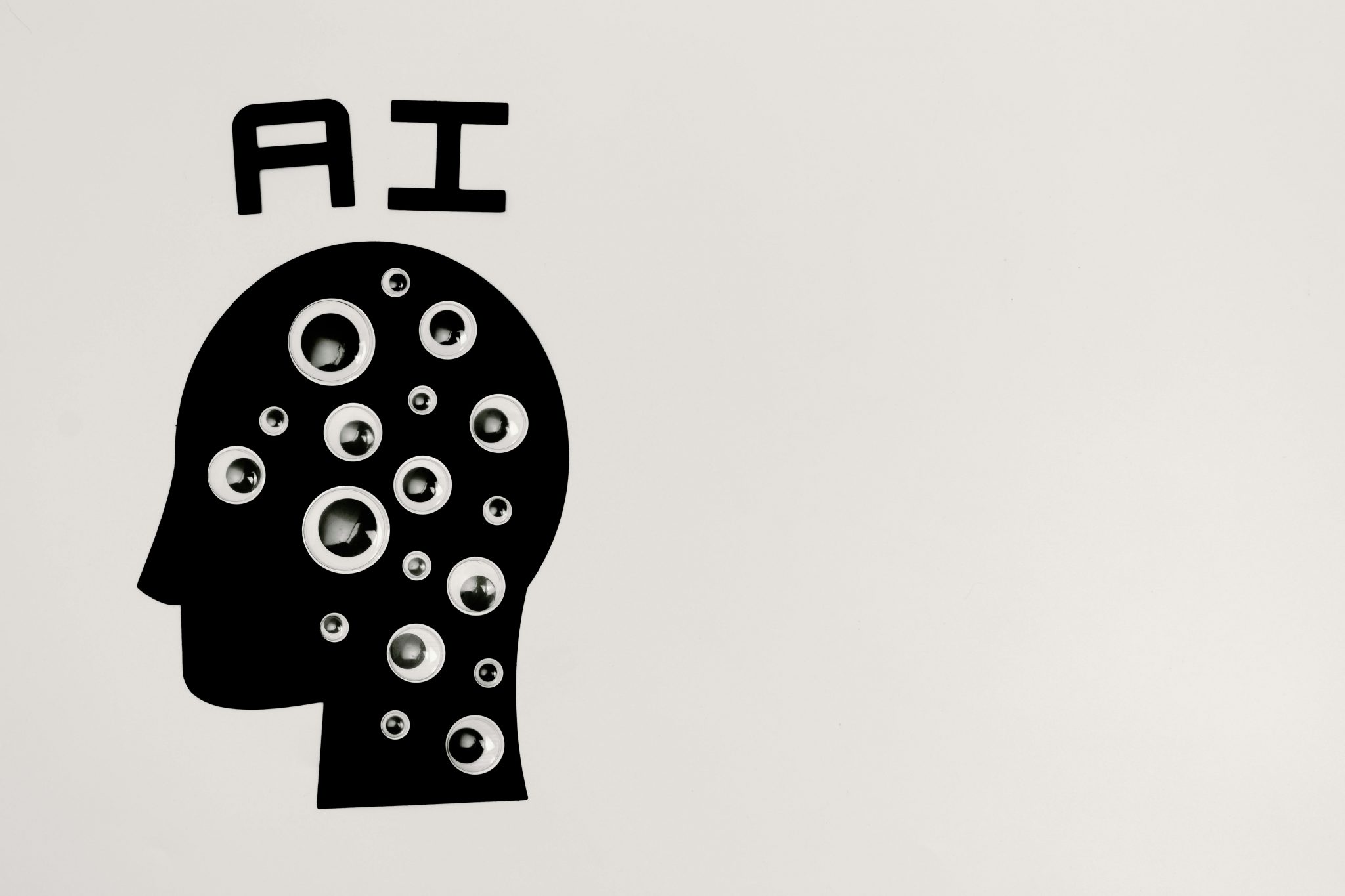Ahead of his highly anticipated 2022 album, Mr. Morale & the Big Steppers, Kendrick Lamar released the music video for “The Heart Part 5,” a biting song directed at cultural ills in the rapper’s signature stylistic lyricism.
What made the video stand out was not the music, but the then-novel deepfake technology that transformed Lamar’s face into the likenesses of O.J. Simpson, Kanye West, Jussie Smollett, Will Smith, Kobe Bryant and Nipsey Hussle.
Lamar subverted widely-held suspicions of advanced technology to make a statement that complemented his sharp lyrics and soulful, retro instrumentals.
Almost a year after Lamar deepfaked himself, a track called “Heart on My Sleeve” seemingly featuring Drake and The Weeknd was released on streaming services and social media. But the nearly-instant viral hit was created by a persona named ghostwriter, who used AI to replicate the two ultra-famous voices.
The industry responded instantly by removing the song from sites where it exploded, including YouTube, Spotify and TikTok.
While the novelty of the song made it somewhat worthwhile, it quickly lost its luster as it became clear that it wasn’t Drake or The Weeknd. It was someone behind a computer with the technology available to mimic them.
Ghostwriter spurred a new, legitimate threat to artists, even if his, and many projects like it, were largely received as a joke without much substance. As artificial intelligence started entering mainstream music, artists, fans and record labels began to raise an essential question: is AI bad for music?
[DMV talent, ‘Dragula’ alum shine at SEE Spring Drag Show]
The crux of this debate lies in whether AI crosses the line between an enhancement tool, like autotune, and an artist replacement. Skeptics fear the technology could reach a point in which music loses what makes it so appealing — the fact that it’s inherently human.
Artist Holly Herndon was ahead of the curve when she demonstrated how she had used AI and her voice to shape a piece of music in an April 2022 TED Talk.
“I’m creating instruments to allow as many people as possible to create music with me, and even as me,” she said after showcasing a choir of her overlapping voices to the TED audience.
Instances of AI seeping into music have only increased. Covers of songs from Beyoncé’s new album, Cowboy Carter, made to sound like Miley Cyrus’ performance went viral. Ghostwriter returned with a faux-Travis Scott song and some of the industry’s biggest names, including Billie Eilish, called for a ban on “predatory” AI music.
AI has the potential to degrade the integrity of music to the point where it becomes transactional. Lyrics are plugged into a program that makes them sound like a famous artist, generating quick profit when they inevitably go viral, but serve as the product of a machine rather than the human experience.
[Alex Garland explores an apocalyptic America in ‘Civil War’]
While some record labels have denounced the abrasive entry of AI into the music scene, others have embraced it. Lamar understood the capabilities of the sophisticated technology, and it led to a widely praised music video.
But we as an audience want to keep the integrity of the art intact. It is a tool, and should be seen and used as such. We can’t become separate from the human aspect of music.
AI itself is neither good nor evil, but it is here to stay. Musicians, fans, record labels and everyone in the music ecosystem must reckon with that fact. Fans must come to terms with the AI intrusion to protect the integrity of music in our culture.



